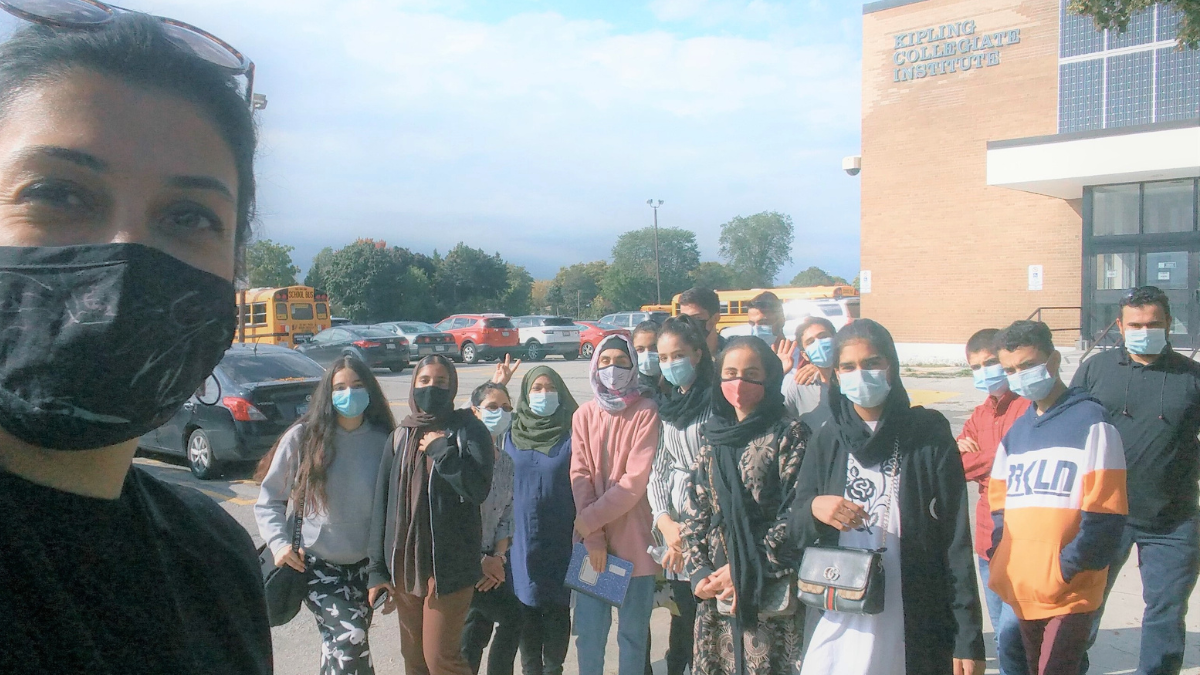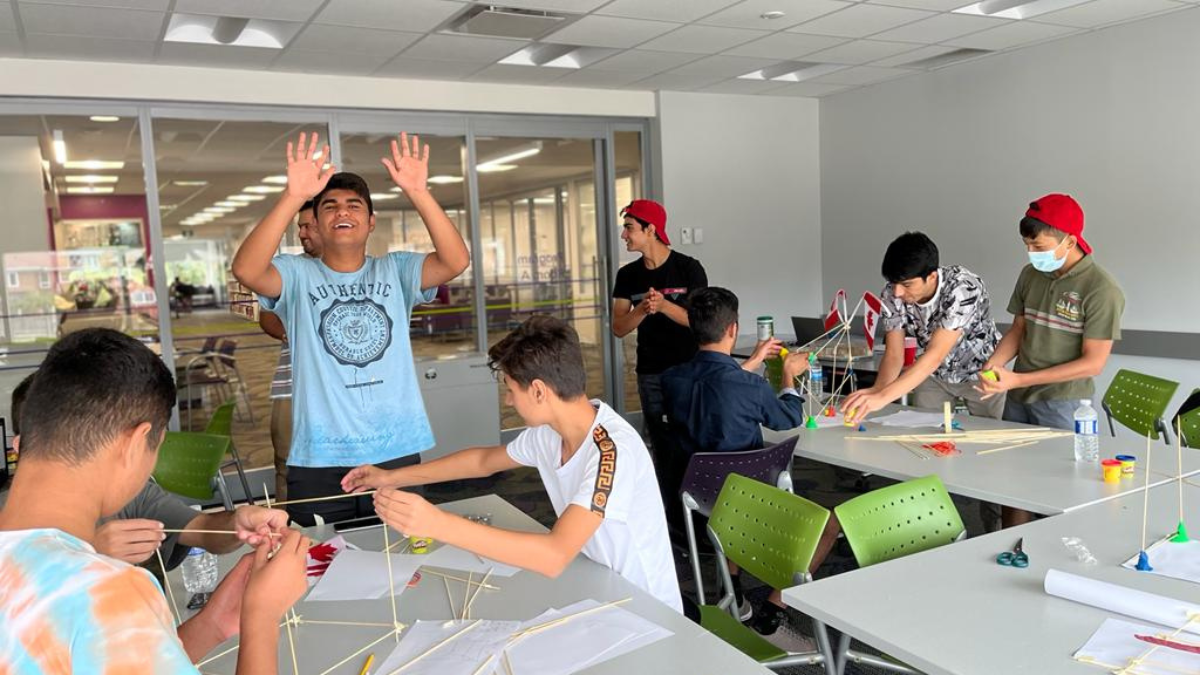News
Newly arrived Afghan nationals settle in North York
Allison Perez, placement student at NYCH speaks with settlement workers supporting newly arrived Afghan nationals.

As a child of immigrant parents from the Philippines, I watched them face many barriers settling in a new country.
My parents both came voluntarily with other family members in hopes of a better life. It is hard to imagine the hardships other newcomers face especially when trying to evade a crisis in their home country.
The Taliban takeover in Afghanistan has caused a prominent humanitarian crisis. This takeover jeopardized many Afghans’ rights to necessities like food and security. In response to this crisis, the Canadian Government has welcomed around 28,000 Afghanistan refugees since 2021 with the number growing gradually (Government of Canada).
I spoke with three settlement workers at North York Community House (NYCH) – Nasim (youth and child support), Salma (school settlement support), and Roya (employment support) – who work with newly arrived Afghan nationals. They meet newcomers to identify their needs, provide information and referrals on employment, education, finance, and housing services, refer them to NYCH workshops and training, and help them connect with community members to reduce isolation.
As immigrants themselves, they shared their experiences of moving to Canada and building their careers while facing their own barriers. For example, Nasim expressed undergoing many difficulties as a mother and searching for employment in Canada. By building her resume by volunteering at galleries and earning her Social Services degree at Seneca, she landed her position at NYCH.
Housing, employment, and language are the main barriers that newcomers face when they move to Canada.
When it comes to the Canadian rental market, Toronto lands second place for the most expensive cities to live in due to its strong demand (Fleguel, 2022). Finding employment can be a challenge as well. Salma explains that although newcomers and refugees are internationally trained and educated, they often have to update their credentials in order to find employment in their field. In addition, newcomers have to navigate life and work in a language that they might not be familiar with which creates further obstacles in their settlement journey.
The Afghan community has been working very hard on their settlement process to combat these challenges. Many have found secure housing, employment, and are building social connections.
With the support of Farsi and Dari speaking settlement workers and cultural services at NYCH, Afghan newcomers have been able to gain Canadian workplace experience. Employment workers assist refugees in the whole employment process ie. Canadian job market, resume writing, interviewing and improving their work skills.
Youth settlement workers assist youth with tutoring, group workshops, and mental health services.
The Settlement Workers I spoke with said they were proud to see the progress community members were making as time went on when they found jobs, made friends and improved their English.
When asked, “What one piece of advice would you give someone who is new to the country?” Nasim provided two realistic and instructive recommendations for newcomers in Canada
1. Acknowledge the familiar issues and challenges you may encounter, such as financial, trauma and language barriers, so it will not be as overwhelming and 2. Be patient with speaking and take your time with learning and speaking in English.
References

